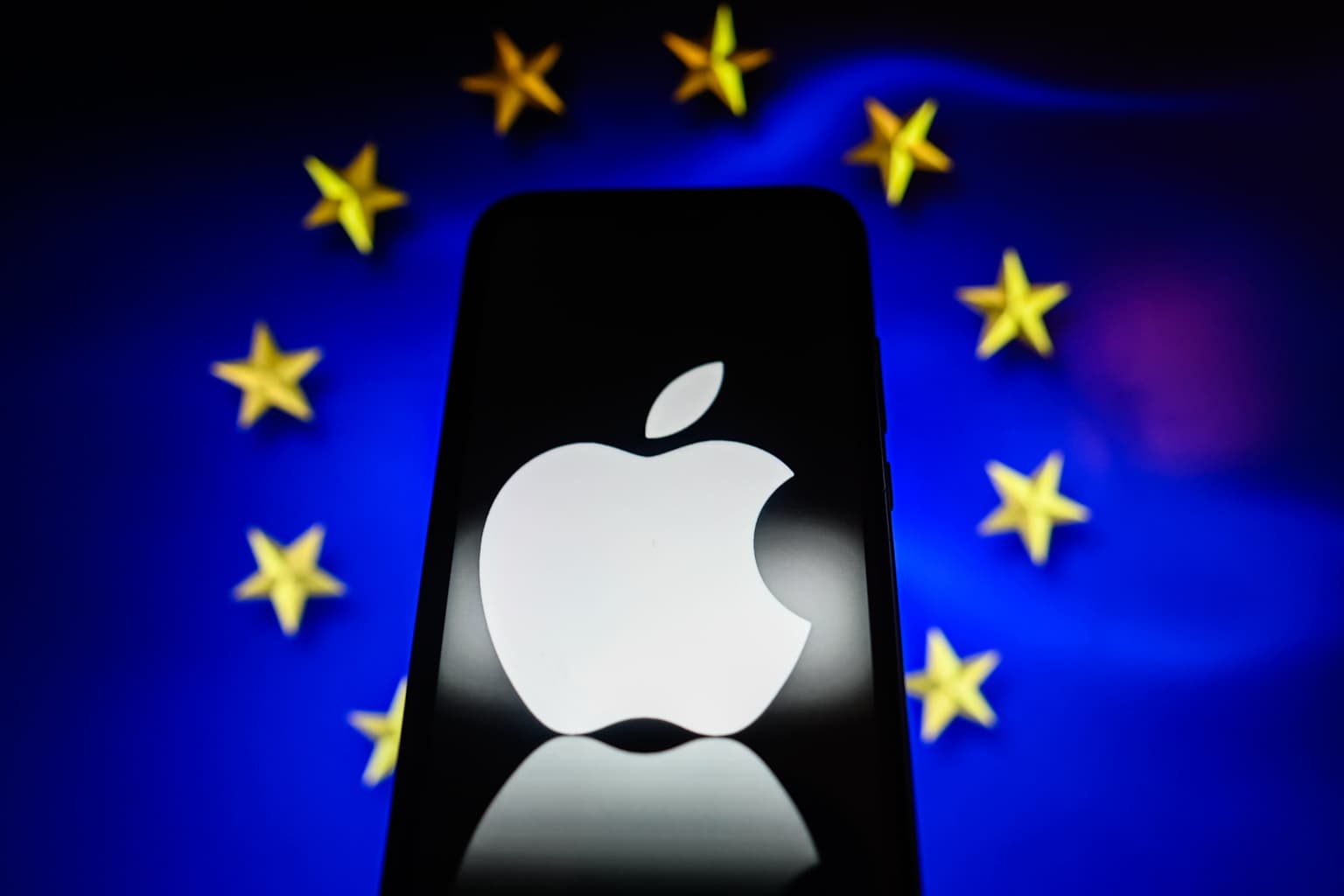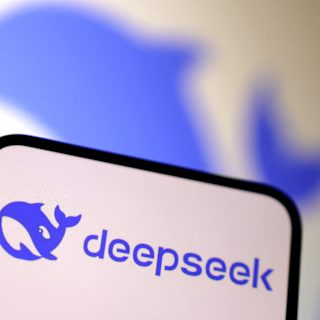- Apple's Legal Challenge
- Compliance Under Pressure
- Digital Markets Act Enforcement
Apple filed a formal appeal Monday against the European Union's €500 million fine for violating digital competition rules, escalating a legal battle that could reshape how tech giants operate their app stores globally. The iPhone maker called the penalty "unprecedented" and accused Brussels of exceeding its legal authority in dictating business practices.
The appeal, submitted to Europe's second-highest court in Luxembourg, challenges the European Commission's April ruling that found Apple breached the Digital Markets Act by preventing app developers from steering customers to cheaper payment options outside its App Store.

"Today we filed our appeal because we believe the European Commission's decision—and their unprecedented fine—go far beyond what the law requires," Apple said in a statement12. The company argued that regulators are "mandating how we run our store and forcing business terms which are confusing for developers and bad for users"13.
Apple spokesperson Emma Wilson told Apple Insider that the company has "changed our policies dozens of times, put thousands of hours of engineering resources, but the EU has repeatedly changed its standards"4. The appeal follows Apple's earlier challenge in June against EU demands to share its technology with rivals2.
Facing potential daily fines exceeding €50 million, Apple overhauled its European App Store policies on June 26, just hours before the compliance deadline12. The changes allow developers to offer alternative payment options directly within apps and link to external websites without restrictive warning screens34.
However, Apple introduced a complex new fee structure that includes a "Core Technology Commission" of 5% on digital purchases made outside the App Store, alongside variable service fees ranging from 5% to 13%53. According to Bloomberg, most developers would pay around 10% under the new system, compared to up to 30% previously1.
The €500 million fine represents the EU's first major penalty under the Digital Markets Act, designed to curb Big Tech dominance12. The Commission found that Apple's anti-steering restrictions prevented developers from fully benefiting from alternative distribution channels while limiting consumer access to cheaper offers2.
European Commission spokesman Thomas Regnier said the body is now assessing Apple's new business terms to determine compliance with the Digital Markets Act3. The EU has imposed over $8 billion in fines on Google and ordered Apple to repay €13 billion in back taxes to Ireland as part of broader antitrust enforcement4.
The case highlights the central tension between regulatory oversight and corporate autonomy as Apple maintains its changes address EU concerns while arguing the demands exceed legal requirements.





